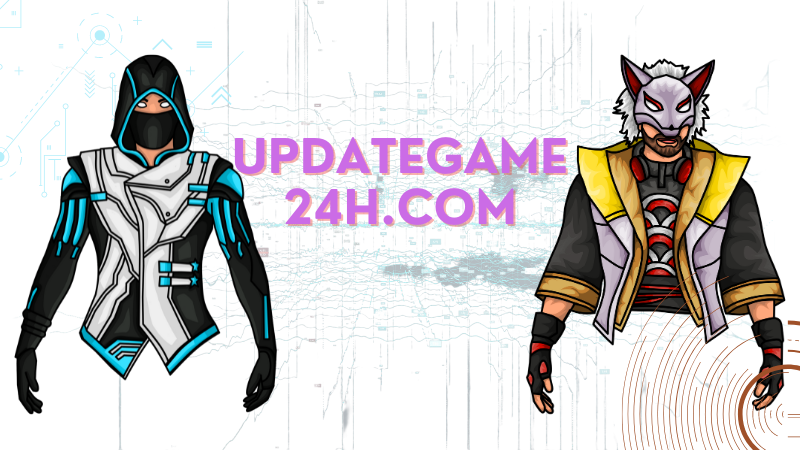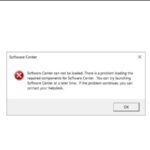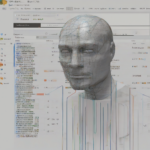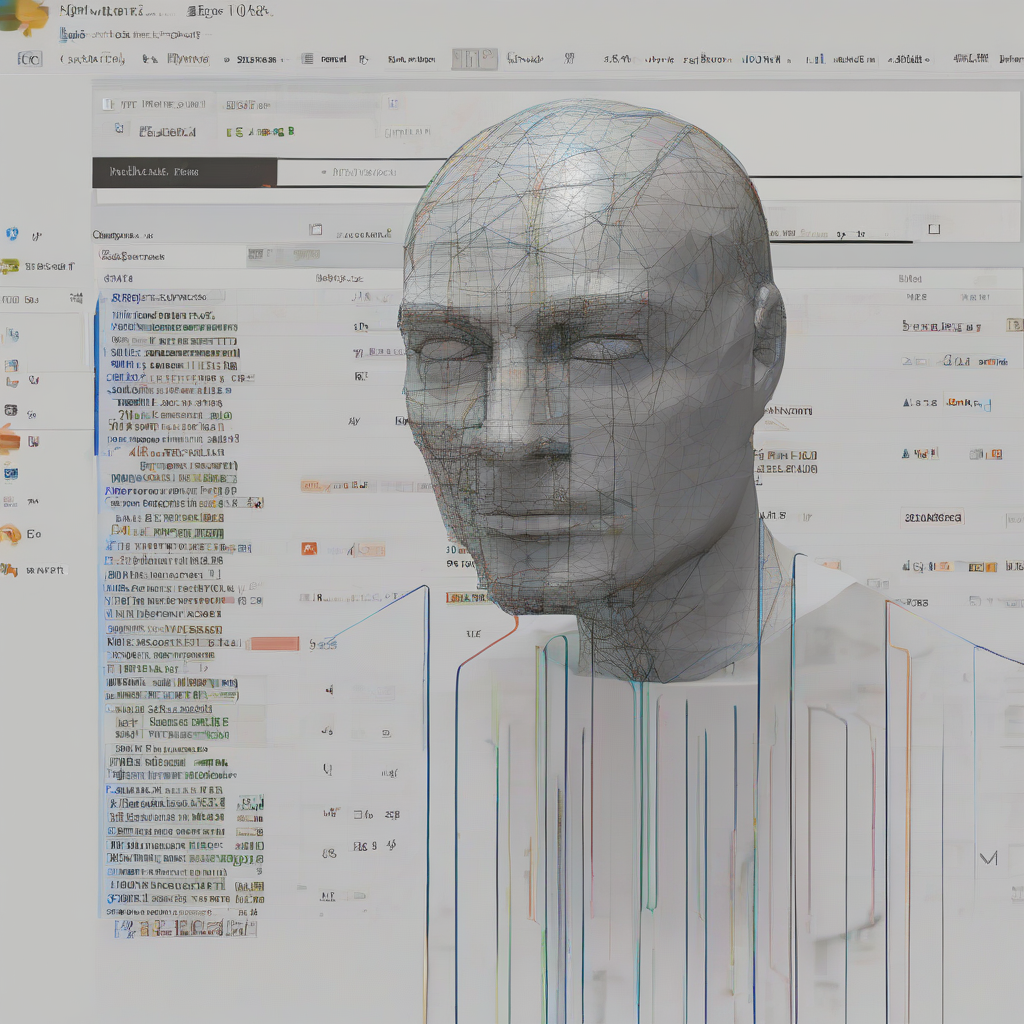HR Tech Stack: The Essential Tools for Modern HR
In today’s dynamic and competitive business landscape, Human Resources (HR) departments are evolving at an unprecedented pace. To remain agile and effective, HR professionals are leveraging a suite of innovative technologies collectively known as the “HR Tech Stack”. This stack encompasses a wide range of tools and platforms that automate, streamline, and enhance critical HR processes, empowering organizations to attract, engage, develop, and retain top talent.
Core Components of an HR Tech Stack
- Applicant Tracking Systems (ATS): ATS platforms are the backbone of modern recruitment processes, helping organizations manage and track job applications, screen candidates, and schedule interviews. They streamline candidate sourcing, improve efficiency, and provide valuable insights into the hiring pipeline.
- Human Capital Management (HCM) Systems: HCM systems are comprehensive platforms that centralize and automate core HR functions, including payroll, benefits administration, talent management, and employee onboarding. They offer a unified view of employee data, foster operational efficiency, and support strategic decision-making.
- Learning Management Systems (LMS): LMS platforms enable organizations to deliver online training programs, track employee development, and foster continuous learning. They facilitate knowledge sharing, improve employee skills, and enhance organizational productivity.
- Performance Management Systems: Performance management systems provide a structured framework for setting goals, tracking progress, and providing feedback. They facilitate regular performance reviews, foster employee growth, and align individual contributions with organizational objectives.
- Employee Engagement Platforms: Employee engagement platforms aim to enhance employee experience by fostering communication, collaboration, and recognition. They facilitate internal communication, provide a platform for feedback, and promote a positive work environment.
Benefits of Implementing an HR Tech Stack
- Increased Efficiency and Productivity: Automating manual tasks and streamlining processes frees up HR professionals to focus on strategic initiatives, leading to increased efficiency and productivity.
- Improved Talent Acquisition: ATS systems help organizations source and attract qualified candidates, reducing time-to-hire and improving the quality of hires.
- Enhanced Employee Engagement: Engagement platforms provide employees with a voice, fostering a sense of belonging and encouraging active participation in the workplace.
- Data-Driven Decision-Making: HR tech platforms generate valuable data insights, enabling HR professionals to make informed decisions based on objective information.
- Cost Savings: Automating tasks and streamlining processes reduces administrative overhead, leading to significant cost savings for organizations.
Choosing the Right HR Tech Stack
Selecting the right HR tech stack is crucial for success. Organizations should consider the following factors:
- Organizational Size and Industry: Different organizations have different needs. Consider the size of your workforce, industry, and specific HR challenges.
- Budget: HR tech solutions come at varying price points. Determine your budget and choose solutions that offer the best value for your investment.
- Integration Capabilities: Ensure that chosen solutions integrate seamlessly with existing systems to avoid data silos and ensure smooth data flow.
- User Friendliness: Choose user-friendly solutions that are easy to navigate and adopt by employees at all levels.
- Scalability: Select solutions that can scale with your organization’s growth, allowing for future expansion and evolving needs.
Trends in HR Tech
- Artificial Intelligence (AI): AI-powered tools are transforming HR by automating tasks, personalizing employee experiences, and providing predictive insights.
- Cloud-Based Solutions: Cloud-based HR tech solutions offer flexibility, scalability, and affordability, making them an increasingly popular choice.
- Mobile-First Approach: Organizations are adopting mobile-friendly HR tech solutions to enable employees to access information and perform tasks on the go.
- Data Analytics and Business Intelligence: HR tech platforms are generating vast amounts of data, enabling organizations to analyze trends, identify areas for improvement, and make data-driven decisions.
- Employee Experience (EX) Focus: Organizations are placing a strong emphasis on improving employee experience, leveraging HR tech to enhance employee engagement, well-being, and overall satisfaction.
Conclusion
The HR Tech Stack is essential for modern HR departments, enabling organizations to streamline processes, attract top talent, enhance employee engagement, and achieve their business goals. By carefully selecting and implementing the right HR tech solutions, organizations can unlock the full potential of their workforce and gain a competitive edge in today’s rapidly evolving business landscape.






